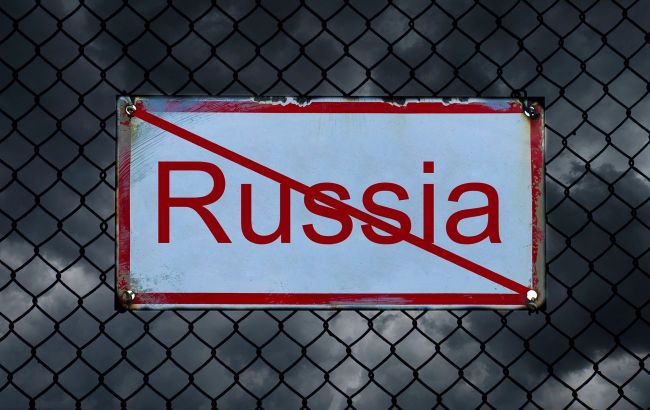EU allies fueling Russia's war economy – Reuters
 European allies of Ukraine fueling Russia's war economy (Illustrative photo: Getty Images)
European allies of Ukraine fueling Russia's war economy (Illustrative photo: Getty Images)
European countries are increasing imports of Russian energy, bringing Moscow billions of euros in revenue to finance its war economy, Reuters reports.
According to the publication, since 2022, the EU has reduced its dependence on Russian energy resources by about 90%, but still imported oil and gas worth more than 11 billion euros in the first eight months of 2025.
Seven of the EU's 27 member states, including five that actively support Ukraine, have increased imports of Russian energy compared to the previous year.
- France increased its purchases by 40% to 2.2 billion euros;
- The Netherlands — by 72% to 498 million euros.
LNG ports in France, Spain, and other countries serve as gateways for Russian energy supplies to Europe, although a significant portion of this gas is redistributed to other EU countries rather than consumed locally.
France increased imports of Russian energy in 2025, redirecting some of them to Germany, according to Kpler (energy data firm). The Netherlands states that it cannot block contracts with Russia without EU legislation.
The EU has significantly reduced imports of Russian energy resources from 133 billion euros in 2021 to 11.4 billion euros in January–August 2025, a 21% decline from the same period in 2024, according to the Center for Research on Energy and Clean Air (CREA). Hungary and Slovakia together imported energy worth 5 billion euros and will not support sanctions against Russian LNG, maintaining access to pipeline gas until 2028.
Seven countries, including France (+40%), the Netherlands (+72%), Belgium (+3%), Croatia (+55%), Romania (+57%), and Portugal (+167%), have increased imports of Russian energy resources despite supporting Ukraine. Belgium explains the increase by citing EU sanctions that banned the re-export of LNG, forcing the gas to be unloaded at its ports. Portugal notes that its imports are insignificant and will decrease compared to 2024.
Since 2022, the EU has imported Russian energy worth 213 billion euros, exceeding the 167 billion euros in aid provided to Ukraine by the bloc, according to the Kiel Institute.
Earlier, Ukrainian President Volodymyr Zelenskyy stated that in the fourth year of the full-scale war, Russia continues to receive foreign components for weapon production.

